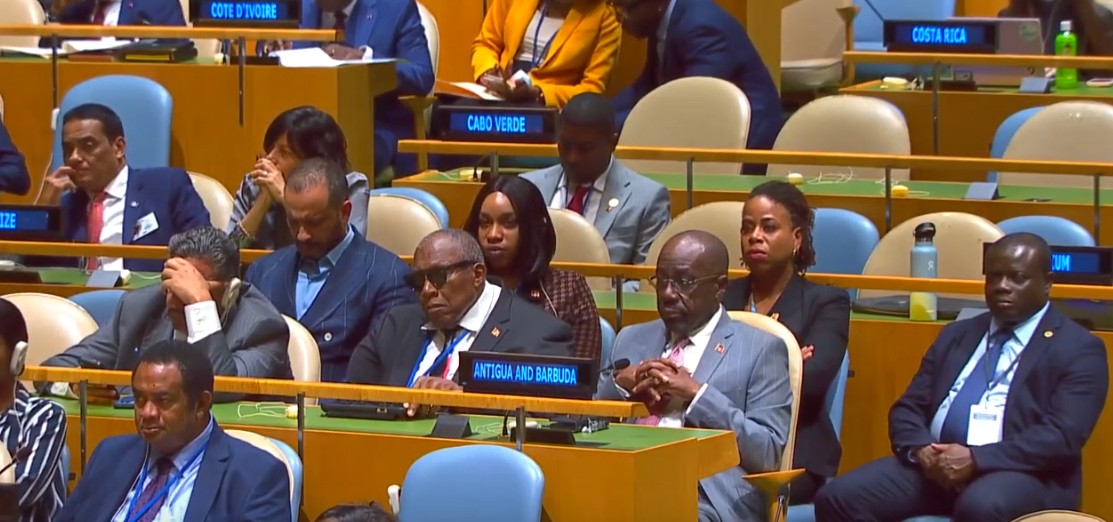Rodrigo Paz Pereira, representing the Christian Democratic Party, campaigned on a platform emphasizing economic redistribution, corruption eradication, and increased support for local economies. His slogan, "capitalism for all, not just a few," encapsulated a desire for broader access to credit and tax breaks aimed at revitalizing Bolivia's formal economy.
The possibility of electing a president outside the traditional leftist spectrum could herald notable changes in Bolivia's foreign relations, particularly concerning the country’s untapped lithium resources, crucial for battery production. Both Paz Pereira and Quiroga's capitalist views suggest a more favorable stance towards foreign investment, indicating a possible shift away from the current alignment with Russia, China, and Iran towards closer ties with the United States.
Adding tension to the electoral climate, the country is grappling with severe economic challenges, including fuel shortages, high inflation, and depleting foreign reserves. Coupled with discontent towards the outgoing president, Luis Arce, who opted not to pursue re-election due to low popularity, sentiments for change have grown among voters—especially against the backdrop of dissatisfaction with MAS’s governance during the economic downturn.
The left-wing candidates experienced unprecedented backlash at polling stations, with reported incidents of hostility towards candidates affiliated with MAS. One incident even involved an explosive device being detonated at a ballot site where Andrónico Rodríguez, a left-wing contender, was present. Although there were no injuries, the incident illustrates the intensified tensions surrounding the elections.
Furthermore, for the first time in years, ex-president Evo Morales, who has been a pivotal figure in Bolivia's political arena since 2006, was noticeably absent from the ballot due to legal restrictions on his candidacy. Morales remains a controversial figure, urging his supporters to nullify their votes and continuing to wield significant influence among sections of the electorate despite being barred from holding office.
As Bolivia charts its path forward, the results of the upcoming runoff will resonate not just within its borders but also across the region, influencing shifting dynamics in Latin America's political landscape.
The possibility of electing a president outside the traditional leftist spectrum could herald notable changes in Bolivia's foreign relations, particularly concerning the country’s untapped lithium resources, crucial for battery production. Both Paz Pereira and Quiroga's capitalist views suggest a more favorable stance towards foreign investment, indicating a possible shift away from the current alignment with Russia, China, and Iran towards closer ties with the United States.
Adding tension to the electoral climate, the country is grappling with severe economic challenges, including fuel shortages, high inflation, and depleting foreign reserves. Coupled with discontent towards the outgoing president, Luis Arce, who opted not to pursue re-election due to low popularity, sentiments for change have grown among voters—especially against the backdrop of dissatisfaction with MAS’s governance during the economic downturn.
The left-wing candidates experienced unprecedented backlash at polling stations, with reported incidents of hostility towards candidates affiliated with MAS. One incident even involved an explosive device being detonated at a ballot site where Andrónico Rodríguez, a left-wing contender, was present. Although there were no injuries, the incident illustrates the intensified tensions surrounding the elections.
Furthermore, for the first time in years, ex-president Evo Morales, who has been a pivotal figure in Bolivia's political arena since 2006, was noticeably absent from the ballot due to legal restrictions on his candidacy. Morales remains a controversial figure, urging his supporters to nullify their votes and continuing to wield significant influence among sections of the electorate despite being barred from holding office.
As Bolivia charts its path forward, the results of the upcoming runoff will resonate not just within its borders but also across the region, influencing shifting dynamics in Latin America's political landscape.



















